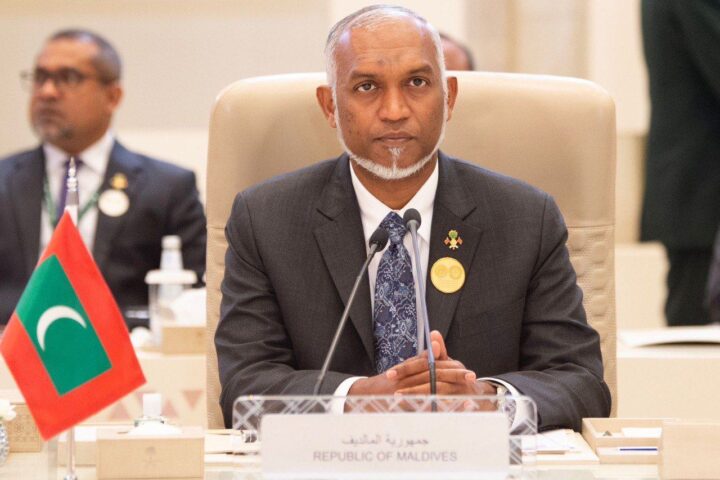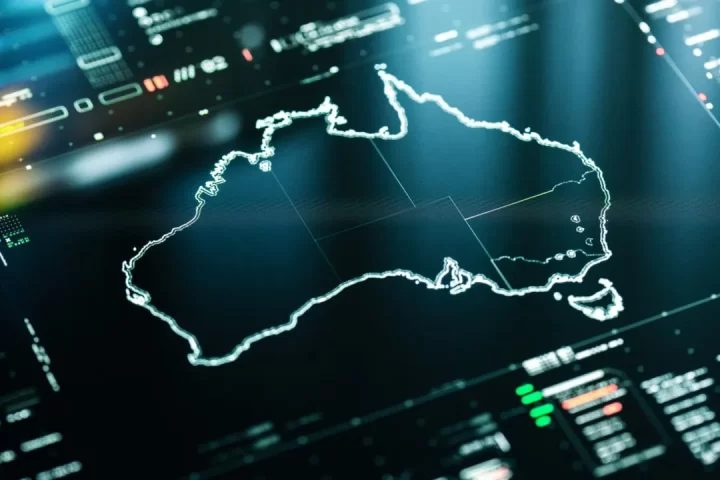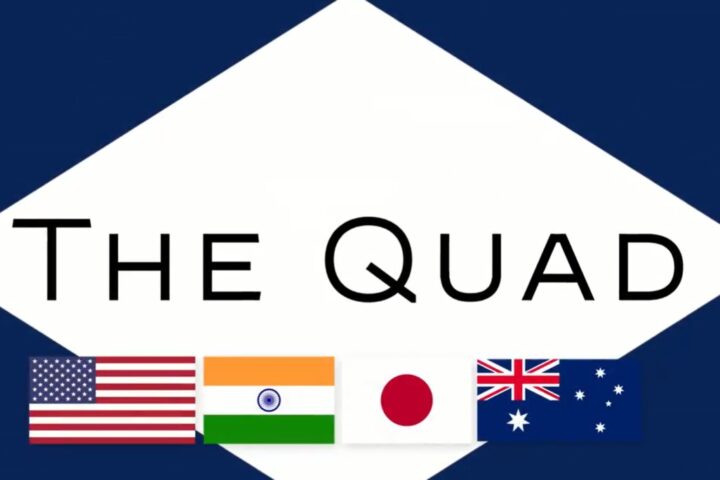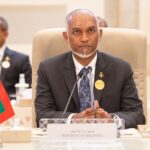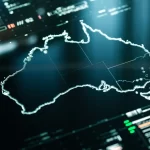In a world roiled by geopolitical strife, Singapore’s new prime minister, Lawrence Wong, steps into office with a promise to steer the trade-reliant city-state through turbulent times. As the 51-year-old Harvard graduate took his oath on Wednesday evening, he warned that the nation must brace for a “messier, riskier, and more violent world,” shaped by the intensifying rivalry of global powers.
“The great powers are competing to shape a new, yet undefined, global order,” Wong remarked during his swearing-in ceremony on the lawn of the presidential residence. “We must brace ourselves for these new realities and adapt to a messier, riskier, and more violent world.”
Once known as an affluent and strait-laced city-state, Singapore has transformed into a glitzy international hub, hosting high-profile events like Taylor Swift concerts and Formula One night races. Its per capita wealth now surpasses that of the United States, a testament to its economic evolution.
This transformation was shepherded by Lee Hsien Loong, Singapore’s third prime minister, who stepped down on Wednesday after nearly two decades in office. Lee, 72, continued the semi-authoritarian, free-market model established by his father, Lee Kuan Yew, Singapore’s founding prime minister. Under his stewardship, the nation saw substantial economic growth.
The transition marks a new chapter for Singapore as the People’s Action Party (PAP), which has governed the country for over six decades, continues its tenure under Wong’s leadership. The PAP’s enduring governance has been marked by remarkable economic achievements, setting a high bar for Wong as he navigates the complexities of a shifting global landscape.

